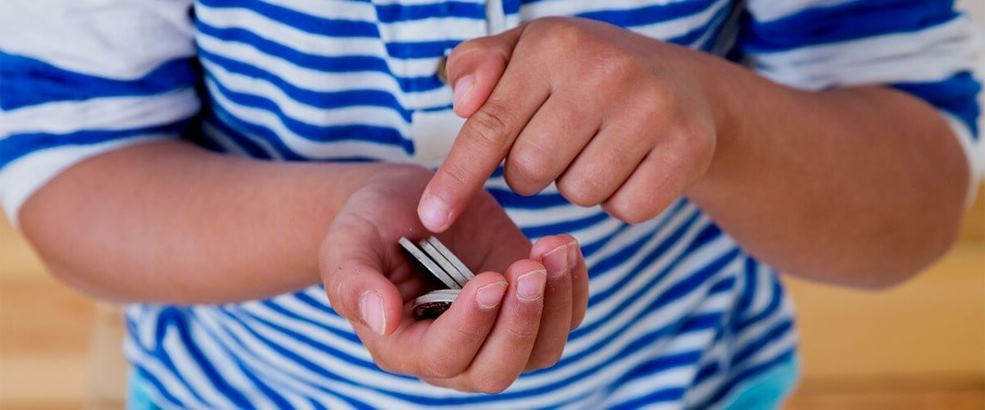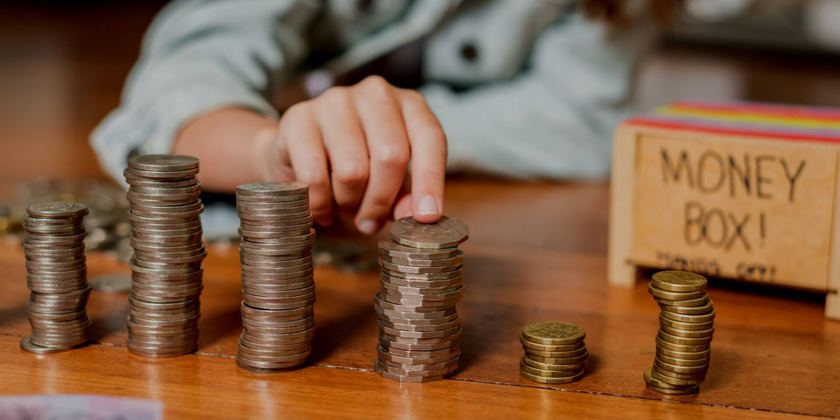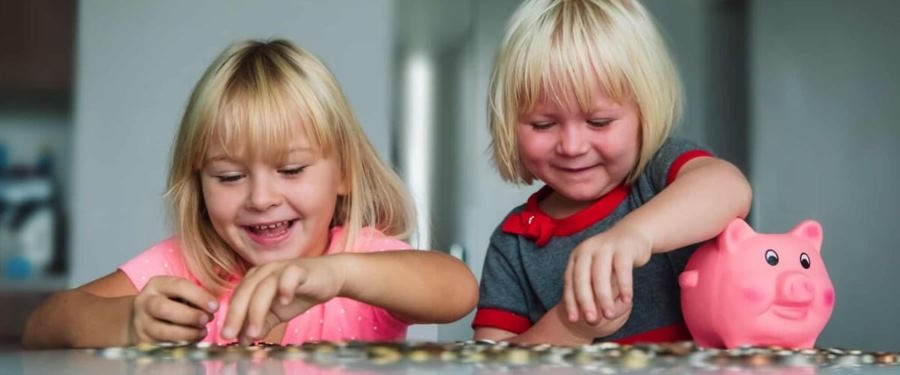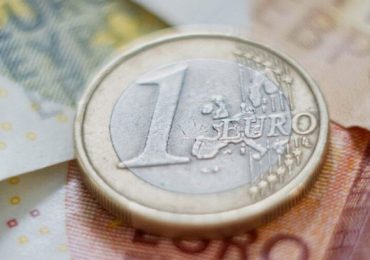Do you remember that feeling as a kid when your parents slid a few coins into your hands and said, “this is for you”? That little bundle of change didn’t just represent freedom; it was an opportunity to learn the basic lessons of managing money, building self-reliance, and understanding how finances work in the real world. As amazing as those lessons were years ago, giving children pocket money remains paramount today — but why? Read on to understand the importance of teaching kids about money and how offering them their pocket money can benefit them long-term!
When to start giving pocket money?
From the age of six, children can start to understand money. It is best to start with cash: coins or banknotes. Although from the age of six, a child can, at the request of his parents, have his bank card. However, many note that “plastic” does not allow the child to correctly assess how money is spent, how much has already been spent, and how much is left. But when paying with coins or banknotes, the child will understand this faster.

The right way to give money
The rule is: the younger the children, the more often they need to give money. Preschoolers and younger students are not good at planning for the future. They can’t guess what will happen in a month. For them, plans for a month are like plans for adults for a year or even three. In six years, the planning horizon is today-tomorrow. Keep this in mind when issuing money: the amount should be small in case of loss or senseless spending. One of the main rules for giving money is to do it systematically. You should give out money in the agreed-upon terms and sums. Do not give out money randomly, on occasion, or according to your mood.
The advantages of pocket money
There are many advantages to giving children pocket money, from developing good financial habits to building their confidence. Here are some key benefits:
Helps teach kids about budgeting and saving
One of the most important lessons pocket money can teach kids is how to budget and save. By having a set amount of money to spend each week, kids can learn to be mindful of their spending and plan for larger purchases.
Encourages independence
Giving children the opportunity to make some of their own decisions about how they spend their money is a great way to teach them about personal responsibility and financial independence. They’ll learn how to weigh up costs and make decisions that are best for them in the long run.

Boosts confidence
Giving children their own spending money can help boost their confidence and give them a sense of empowerment. When they’re able to make decisions about how they use their pocket money, it can teach them valuable lessons in decision-making and personal responsibility.
Helps with money management in the future
Teaching kids about money and budgeting from an early age can help set them up for better money management in their adult life. They’ll better understand financial concepts, such as saving, budgeting, and investing.
Giving children pocket money is a great way to teach important lessons about budgeting, saving, and personal responsibility. It can also help boost their confidence and set them up for better money management in the future. In addition, by giving out pocket money regularly, parents can ensure that their children understand the value of money and how to manage it wisely.







